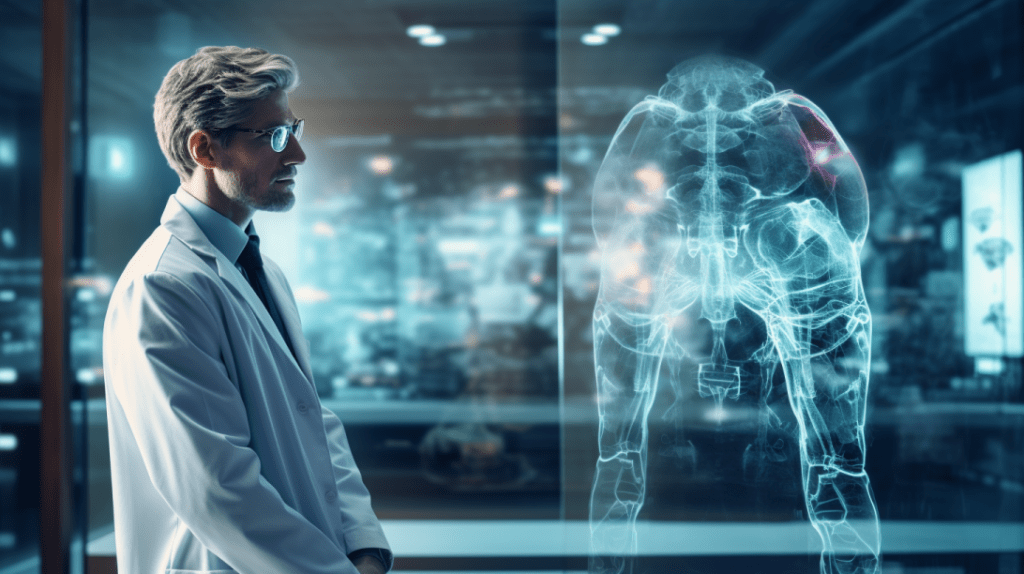Photo was created by Webthat using MidJourney
The AIMed Global Summit 2023, held in San Diego, California, brought together healthcare professionals and AI experts to explore the latest advancements and perspectives in healthcare AI. The summit aimed to bridge the gap between data science and clinical practice, fostering a deeper understanding of the paradox of duality.
This article discusses key highlights from the event and emphasizes the importance of embracing duality to propel AI in healthcare forward.
The Evolution of AIMed:
AIMed was founded with the mission of advancing data science and AI in medicine globally. The partnership between Anthony Chang, a pediatric cardiologist and chief intelligence innovation officer, and Freddy White, an events specialist, led to the growth of AIMed. Their collaboration exemplifies the significance of synergy and overcoming differences to drive progress in healthcare AI.
The Paradox of Duality:
The concept of duality was introduced at AIMed, emphasizing the need to perceive solutions from multiple perspectives. The illusional image of a rabbit or duck served as a metaphor for training the mind to see both sides. By cultivating a deeper sense of duality, AI advancements in healthcare can yield exponential dividends. AIMed highlighted the duality between AI (data science) and clinicians, stressing the importance of bridging this divide to drive practical implementation of AI solutions.
Reality and Certainty:
Healthcare and AI face the challenge of navigating uncertainty while staying rooted in reality. The duality of reality and certainty was discussed, highlighting the need to acknowledge and balance these aspects. As healthcare embraces AI, finding the equilibrium between uncertainty and reality becomes crucial for effective implementation.
Reconciling Human Brain with AI Capabilities:
The duality between the human brain and AI capabilities garnered significant attention at AIMed. Rather than perceiving AI as a competitor, the focus was on the synergy between human intelligence and AI. Chang emphasized that AI is ultimately human-enabled machine intelligence, underscoring the importance of combining clinician cognition with AI to drive progress in healthcare.
Embracing the Old and the New:
The duality of the old and the new was explored at AIMed. While some clinicians resist adopting AI, Chang advocated for senior clinicians to embrace this new resource. AI can serve as a tool to bridge the generational gap and enhance patient care. Adapting to change becomes essential, and AIMed encouraged educators and industry leaders to support the integration of AI into clinical practice for the benefit of the younger generation.
Addressing Gender, Ethnic, and Technological Dualities:
AIMed emphasized the significance of addressing gender, ethnic, and technological dualities in healthcare. Encouraging women and underrepresented groups to pursue careers in data science and leveraging AI to reduce biases and improve equity were highlighted. Additionally, the duality between high-tech healthcare centers and global healthcare was discussed, emphasizing the need to extend AI advancements to underserved regions.
Recognizing and embracing the paradox of duality is crucial for the advancement of AI in healthcare. AIMed 2023 underscored the importance of perceiving solutions from multiple angles, bridging gaps between AI and clinical practice, and reconciling human intelligence with AI capabilities.
By embracing duality, the healthcare community can harness the power of AI to drive improved patient care and global health outcomes.

